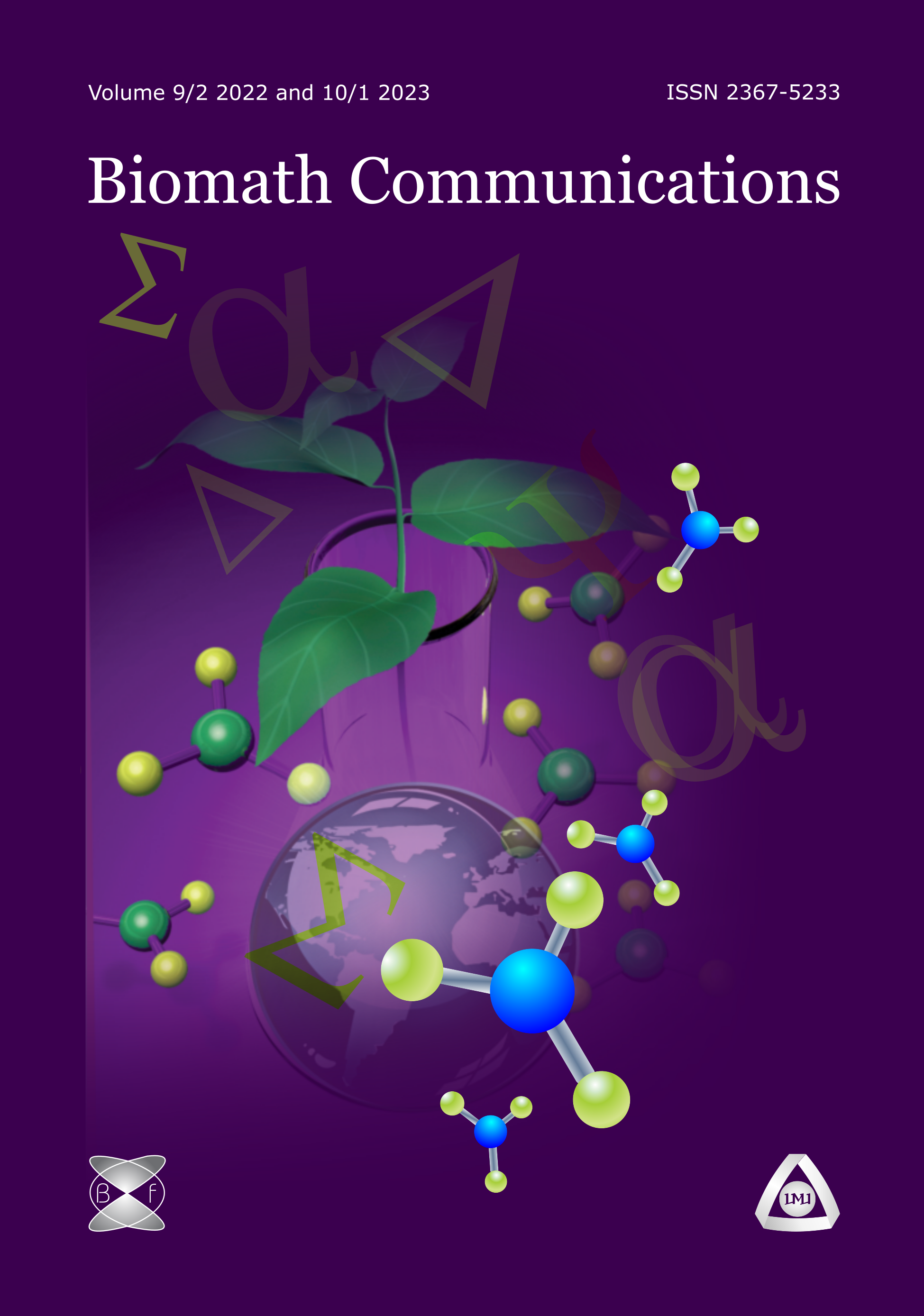Ant Colony Optimization Applied for Multiple Sequence Alignment
DOI:
https://doi.org/10.11145/496Abstract
The paper presents Multiple Sequence Alignment (MSA) as a computation problem and proposes Ant Colony Optimization (ACO) based solution. В The MSA is widely applied in the area of bioinformatics and has high compute complexity, which is hard for solving, especially for huge data sets. В Ant Colony Optimization (ACO) is metaheuristic method applied for solving different kind of combinatorial problems. The main idea of the developed program implementation for solving MSA as follow: The ant takes a sequence and moves in the area associated with each sequence, increasing the pheromone level when finds similarity in the position. В Dynamic program analysis using Scalasca tool has been performed to define the bottlenecks in the code and the problematic areas has been optimized for parallel computation. В The experimental results shows that the developed program could be successfully used for solving MSA problem. The parallelization achieves almost linear speedup and also contributes for increasing the quality of the solutions.Downloads
Published
Issue
Section
License
The journal Biomath Communications is an open access journal. All published articles are immeditely available online and the respective DOI link activated. All articles can be access for free and no reader registration of any sort is required. No fees are charged to authors for article submission or processing. Online publications are funded through volunteer work, donations and grants.
Authors who publish with this journal agree to the following terms:
- Authors retain copyright and grant the journal right of first publication with the work simultaneously licensed under a Creative Commons Attribution License 4.0 that allows others to share the work with an acknowledgement of the work's authorship and initial publication in this journal.
- Authors are able to enter into separate, additional contractual arrangements for the non-exclusive distribution of the journal's published version of the work (e.g., post it to an institutional repository or publish it in a book), with an acknowledgement of its initial publication in this journal.
- Authors are permitted and encouraged to post their work online (e.g., in institutional repositories or on their website) prior to and during the submission process, as it can lead to productive exchanges, as well as earlier and greater citation of published work (See The Effect of Open Access).

